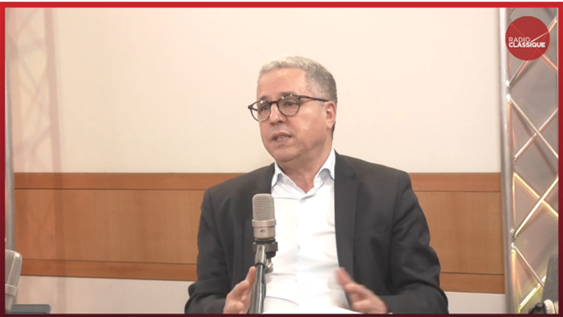A diversity of skills for all technical audiovisual professions
The technical professions in cinema and audiovisual include a wide range of specialties : cinematographer, editor, sound engineer, set designer, special effects specialist, etc. Each role requires specific skills, ranging from mastery of editing software (like Adobe Premiere or Avid) to the Knowledge of filming equipment (RED cameras, Arri). Rigorous training makes it possible to acquire these skills and to meet the growing demands of the industry.
Meeting the growing demand of the movie industry
With theRise of streaming platforms like Netflix, Amazon Prime, and Disney+, the demand for quality content has exploded. This resulted in a increase in the need for qualified professionals, especially in the fields of post-production (editing, calibration, sound mixing) and visual effects. Les film schools play a key role in training technicians capable of meeting these needs.
Why choose professional cinema training in the digital age?
A gateway to innovation
The technical professions in cinema are also stepping stones to innovation. Technicians trained in new technologies, such as Motion Capture Or the vr, contribute to Pushing the boundaries of cinematic storytelling.
“Right now we are experiencing something particular, because of the arrival of AI. This can cast doubt on what will happen next. I am positive enough to say that there will always be people who want to do it.” Valérian Cadici, author, director and former student of M. Benichou, director of AMCA.
Open Days: An Immersion to Choose Your School
Accessibility and inclusion at our film school in Paris
Technical job training makes the film industry more accessible. Unlike acting or directing roles, which can be perceived as elitist, technical jobs offer work opportunities to a variety of profiles, including those who do not have a network in industry of the movies. Vocational training programs, apprenticeships and short term internships make it possible to open these careers to a wider audience.
The 7th art is much more than a hobby: it is a philosophical tool that sheds light on the complexities of human existence and an economic engine that stimulates innovation and growth. For this industry to continue to thrive, it is essential to train a new generation of qualified technicians, capable of mastering the tools and technologies that shape modern cinema. By investing in technical training, we not only guarantee the Continuity of cinema, but also his evolution towards new artistic and economic horizons.





